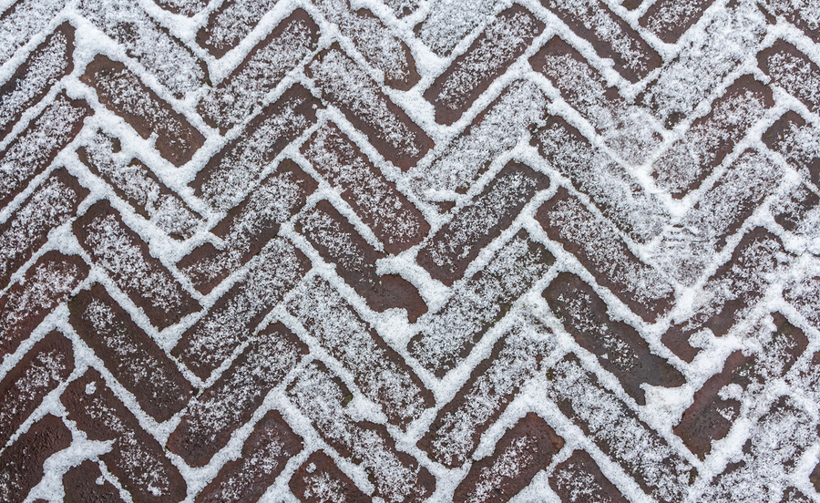
The cold snap that we have been experiencing in the last few weeks has reminded me about a case ( Alan Cairns v Dundee City Council ) determined by the Court of Session last year which provided some useful comment on when claims can be made against public authorities for accidents involving ice on their land:
The gist of the case was that Mr Cairns had suffered extensive injuries after a bad fall when he slipped on black ice in a car park run by Dundee City Council. The accident happened on a Saturday morning in December 2012. Damages were agreed and the case proceeded with arguments about liability and causation only.
Mr Cairns’ legal team argued that the Council had breached its duty of care to him by not taking action to prevent him from suffering an injury due to the ice in their car park. He said that his injuries had occurred because the Council did not have a system in place to detect or treat ice in the car park and that they should have had a system to inspect and treat any ice before the local shops surrounding the car park opened for business.
The Judge, Lord Woolman, distilled the dispute to a narrow one which could be focused in two questions. First, was it reasonable in all the circumstances for the Council not to have a system for ice detection and treatment on Saturdays? Secondly, if they had such a system, would it have prevented the injuries suffered by Mr Cairns?
The main evidence for the Council came from an employee whose job was to maintain the car parks in the area. He advised that if gritting was required he would do this when he attended the car park to collect the money from the parking meters or perform other maintenance tasks. He worked Monday to Friday and overtime on Sundays but he did not work on Saturdays. He was responsible for 28 car parks and, therefore, did not attend each car park every day but, according to his notebook, he had attended the car park in question on the Friday before the accident occurred and, if it had been necessary, he would have gritted the car park.
Mr Cairns was not successful in establishing his claim.
Firstly, in respect of the question of whether a system should have been in place Lord Woolman determined that the system of inspection/treatment suggested by the Mr Cairn’s legal team would have been more onerous than the one in place for weekdays. Such a proposal did not take into account the resource and budget implications that the Council had to abide by. His Lordship considered that it was well established that the Court would be slow to intervene in matters of how public authorities allocate its resources and it was up to the local authority to determine how best to deploy its employees.
It followed that Mr Cairns was also unsuccessful in relation to the second question of whether a system would have prevented his injuries. In relation to this, Lord Woolman commented that Mr Cairns had been unable to establish when the patch of ice he slipped on had actually formed and, therefore, it was impossible for him to say whether or not this would have been gritted before the accident even if the proposed system had been in place.
An interesting aside in the case was that the Council had subsequently put up a warning sign in the car park to inform the public that the ground might not have been gritted in icy conditions. Mr Cairns tried, in vain, to argue that if there had been such a sign in 2012, he would have taken a different route and, thus, would have avoided his accident. The Judge was not convinced and found that the sign was a statement of the obvious and that the duty of care owed by the Council did not extend to them requiring to erect a sign.
No doubt this case will be welcomed by public authorities as limiting their exposure to these types of claims. However, it is also useful as a reminder that the Court will be reluctant to interfere in public authority decision-making, of any kind, where their allocation of resources and budgeting requires to be considered. It may be that things could have been done in a different way but it does not mean that the Court will find that it should have been done that way.
Take the next step
- Call us on 0131 226 5151
